
Why You Should Avoid Touching Your Face and How to Stop
Most people are unconscious about touching their faces. We do it without realising it throughout the day, often transferring germs and bacteria from our hands onto sensitive facial areas. Breaking this habit can improve skin health, reduce acne breakouts, and minimise the spread of illnesses—and now, it's more important than ever for infection control.
This article covers why you should not touch your face and provide practical tips to stop.
Why you should not touch your face
There are various reasons why you should avoid touching your face, such as:
1. Transference of bacteria and oils
Our hands come into contact with many surfaces, collecting germs and oils. When you touch your face, you spread these directly into pores and mucous membranes. Repeated contact can lead to blocked pores, inflammation, irritation and infections. Touching with unwashed hands is particularly problematic.
2. Risk of acne, irritation and infections
Face-touching spreads acne-causing bacteria, leading to breakouts. It also irritates sensitive facial skin, increasing redness and inflammation. Touching mucous membranes risks transmitting infections like pink eye, cold viruses, and flu. Avoiding hand-to-face contact helps prevent these issues.
3. Increased exposure to illness-causing germs
Relatively harmless germs on your hands can lead to miserable illnesses when spread to your nose, eyes or mouth. Rhinovirus, which causes the common cold, often enters the body this way. Influenza and coronavirus also transmit via mucous membranes, so avoiding facial touching minimises infection risk.
How to avoid touching your face
Mentioned below are some helpful ways to avoid touching your face:
1. Be aware of the habit
The first step is tuning into your unconscious face-touching. Set phone reminders, have friends point it out, and pay attention to when it happens most. This awareness is key to change. You can also check out a guide on double cleansing for oily skin.
2. Keep your hands occupied
Idle hands tend to wander to the face, so keep them occupied. Doodle during meetings or conversations, fidget with a stress ball or destroy paper instead.
3. Wear gloves or barriers
Creating a physical barrier makes it harder to touch your bare skin. Wear gloves for part of the day or bandages over problem areas. Face masks also discourage skin picking.
4. Improve hand hygiene
Wash hands frequently with soap and water. Sanitise after touching shared surfaces. This won't end the habit but will minimise germ transfer when slips occur. Consider carrying sanitiser.
How to stop touching your face
To stop touching your face, you must follow these rules:
1. Keep skin clean
To stop touching your face, it is essential to prevent oily buildup, irritation, and dandruff that make you feel compelled to scratch or pick at your skin. Follow good hygiene habits like washing your face twice a day with a good cleanser like Vitamin C Facewash and sticking to a consistent skincare routine suited to your skin type, whether it is dry, oily, or combination. Finding the right products that cleanse your skin without overdrying will help minimise the need to touch your face.
2. Keep skin moisturised
Dry, tight skin almost inevitably gets scratched or picked at. An intense Waterlight Gel Moisturiser provides a protective barrier and seals in hydration, curbing the impulse to touch your face. Avoid skin care products that contain irritants like fragrances, dyes, and alcohol, which can provoke face-touching.
3. Maintain short nails
Long nails intensify the damage from compulsive skin picking and make it harder to resist touching your face. To discourage issues, it is best to keep natural nails trimmed short. Also, limit long fake nails, which harbor more germs under the nail tips.
4. Address the root cause
In some cases, emotional stress, anxiety, boredom or distraction triggers face-touching. Other times, pre-existing skin conditions are the underlying cause. Understanding your personal triggers can help you manage the root causes effectively. Using relaxation techniques, keeping your hands occupied, or finding therapeutic solutions for skin disorders may also curb this habitual behaviour.
Relaxation strategies, fidget toys, and coping methods for skin conditions may also help curb deeply ingrained habits. Remain patient with yourself and keep trying new tactics. Click here to read about how to get rid of bumps on face.
Conclusion
Avoiding hand-to-face contact minimises oil, germs, and bacteria transfer to sensitive facial skin. Though difficult to control at first, the habit can be managed with lifestyle strategies, barriers, and awareness. Sticking to a thorough skincare routine also prevents problems associated with frequent contact. Pay attention next time your hands drift toward your face!
FAQs
1. Why should I avoid touching my face?
Touching spreads dirt, germs and oils into facial pores, leading to acne, skin irritation and illnesses.
2. How can I stop touching my face without realising it?
Use phone reminders, have friends point it out, wear gloves or bandages as barriers, and keep hands occupied with objects.
3. What happens if I frequently touch my face?
Risks include increased acne, skin irritation and infections like pink eye or cold viruses. It also spreads germs that cause illness.
4. Are there tools to help avoid face-touching habits?
Yes, items like fidget toys and stress balls can keep hands occupied. Face masks and gloves act as physical barriers.
5. Does touching your face cause acne?
Yes, transferring dirt, oils and bacteria from hands introduces pore-clogging agents directly into facial skin, leading to acne breakouts.





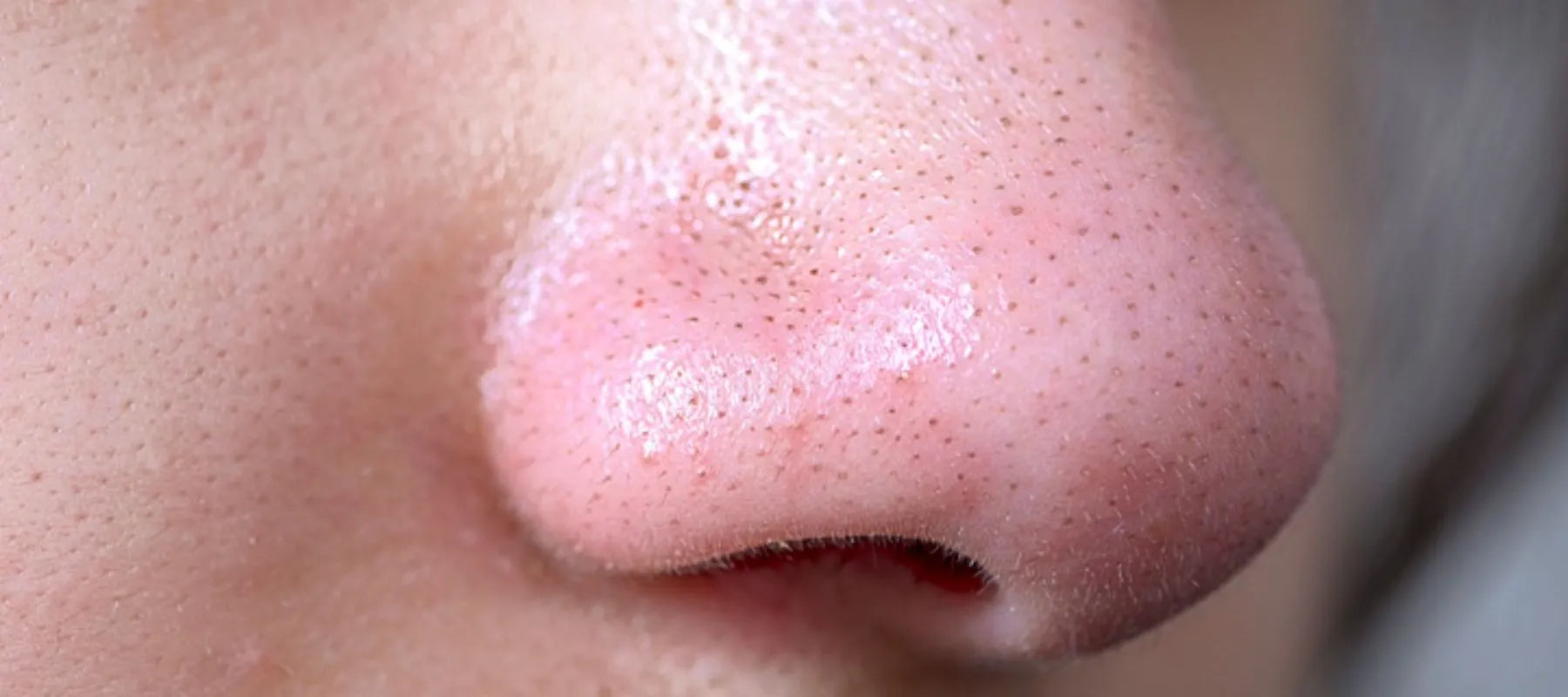




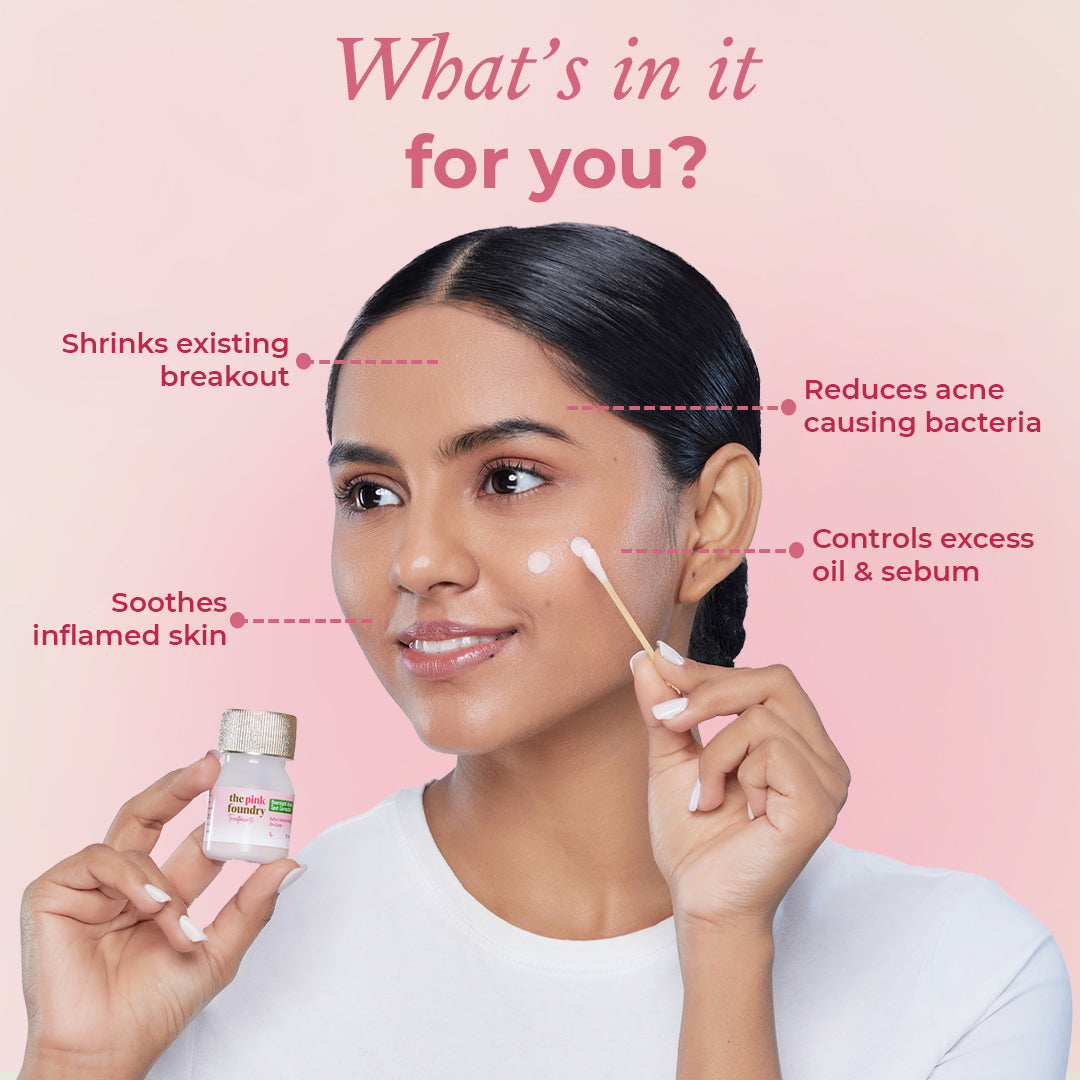

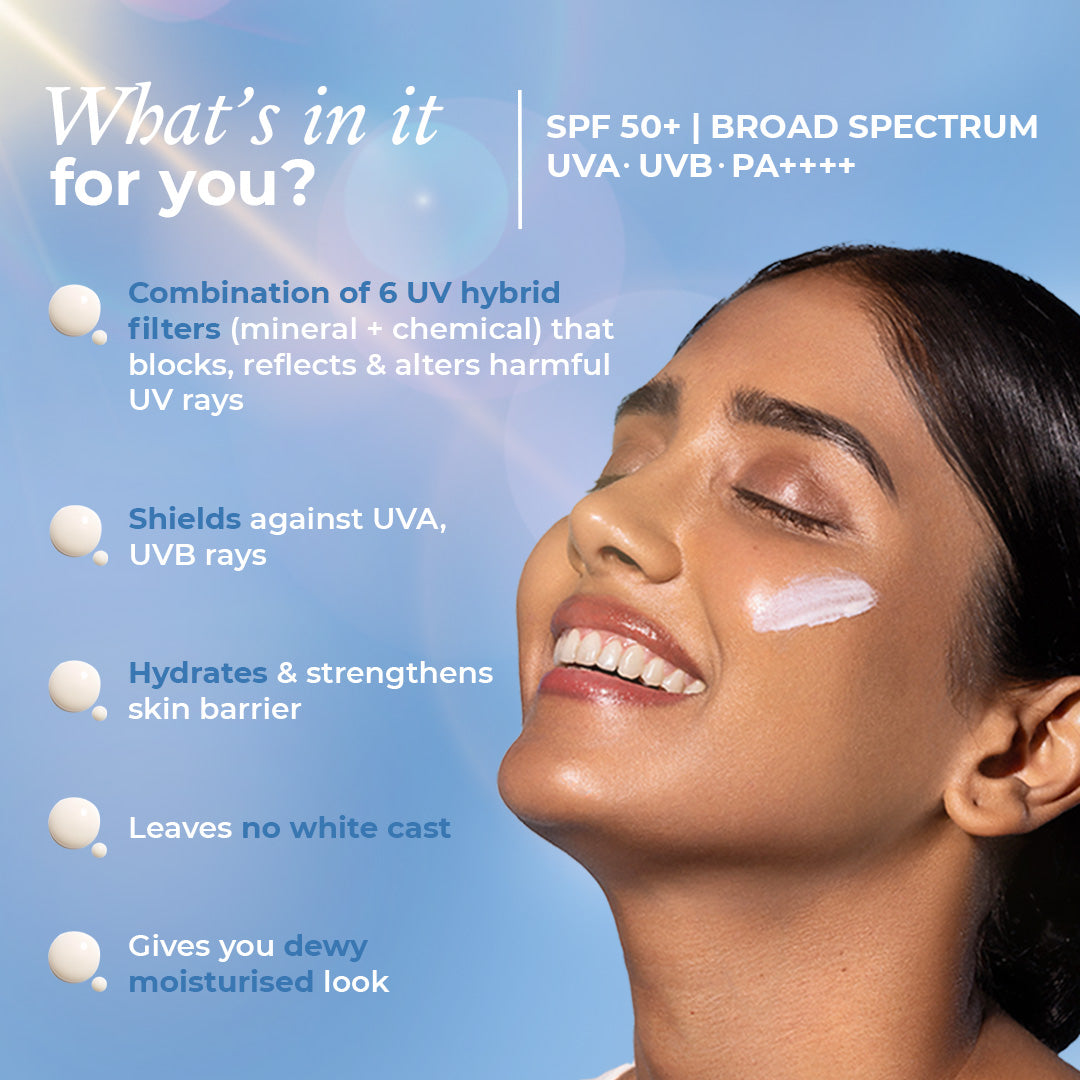


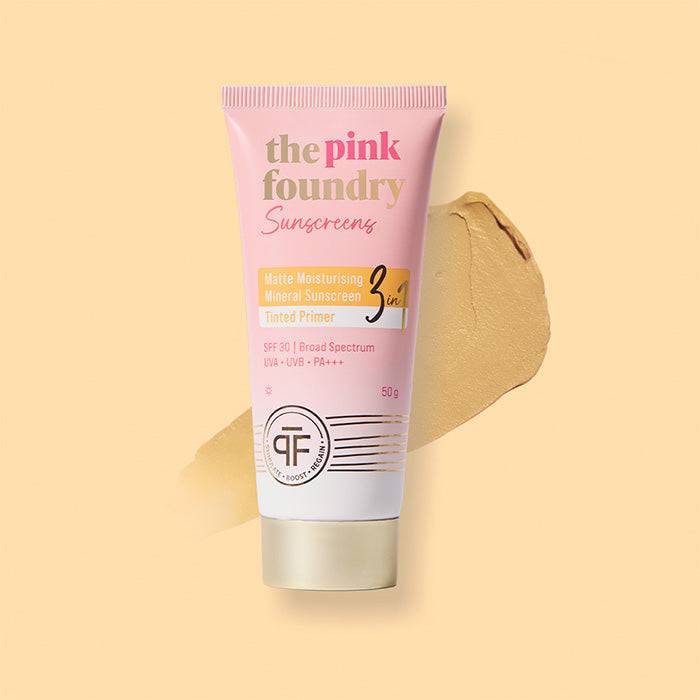
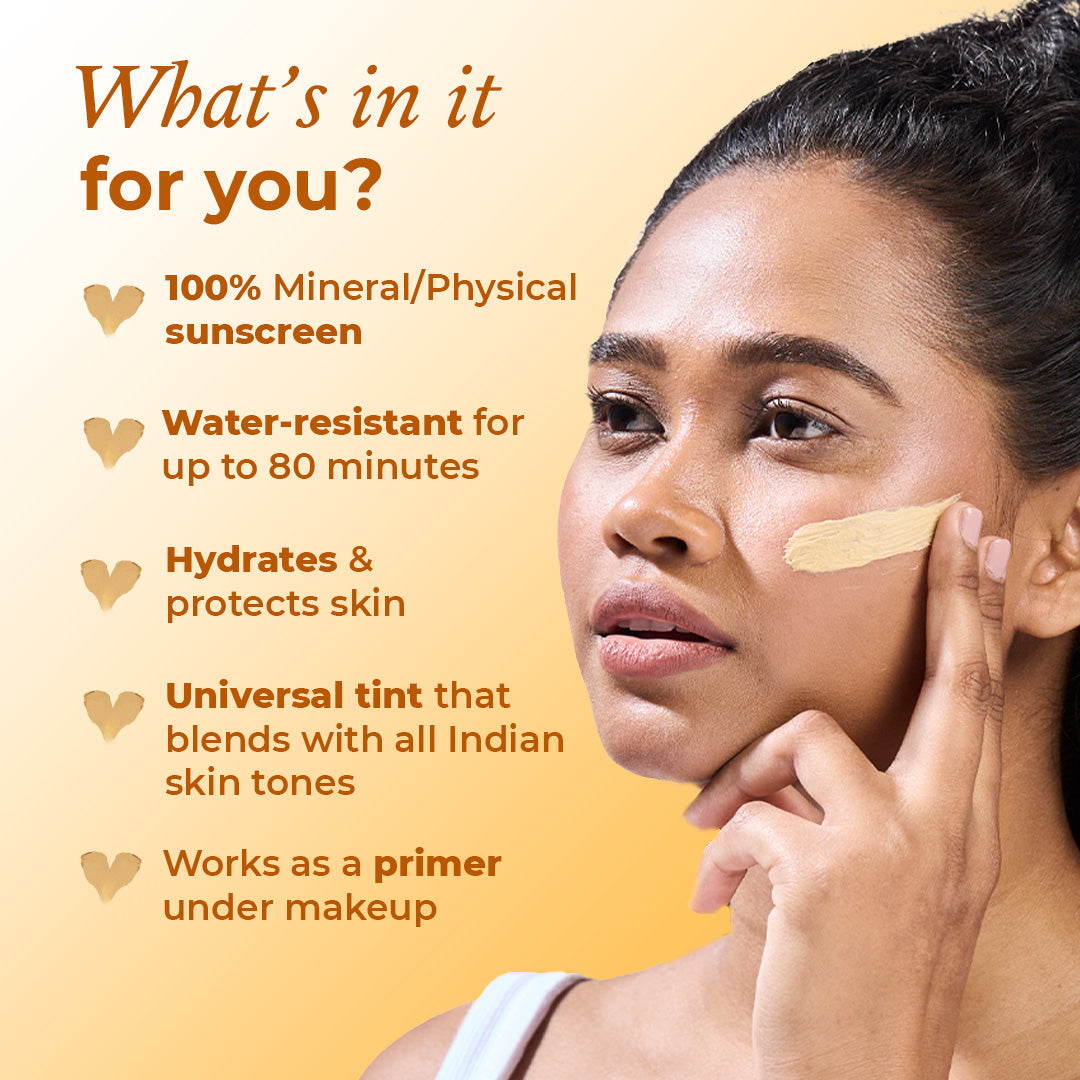



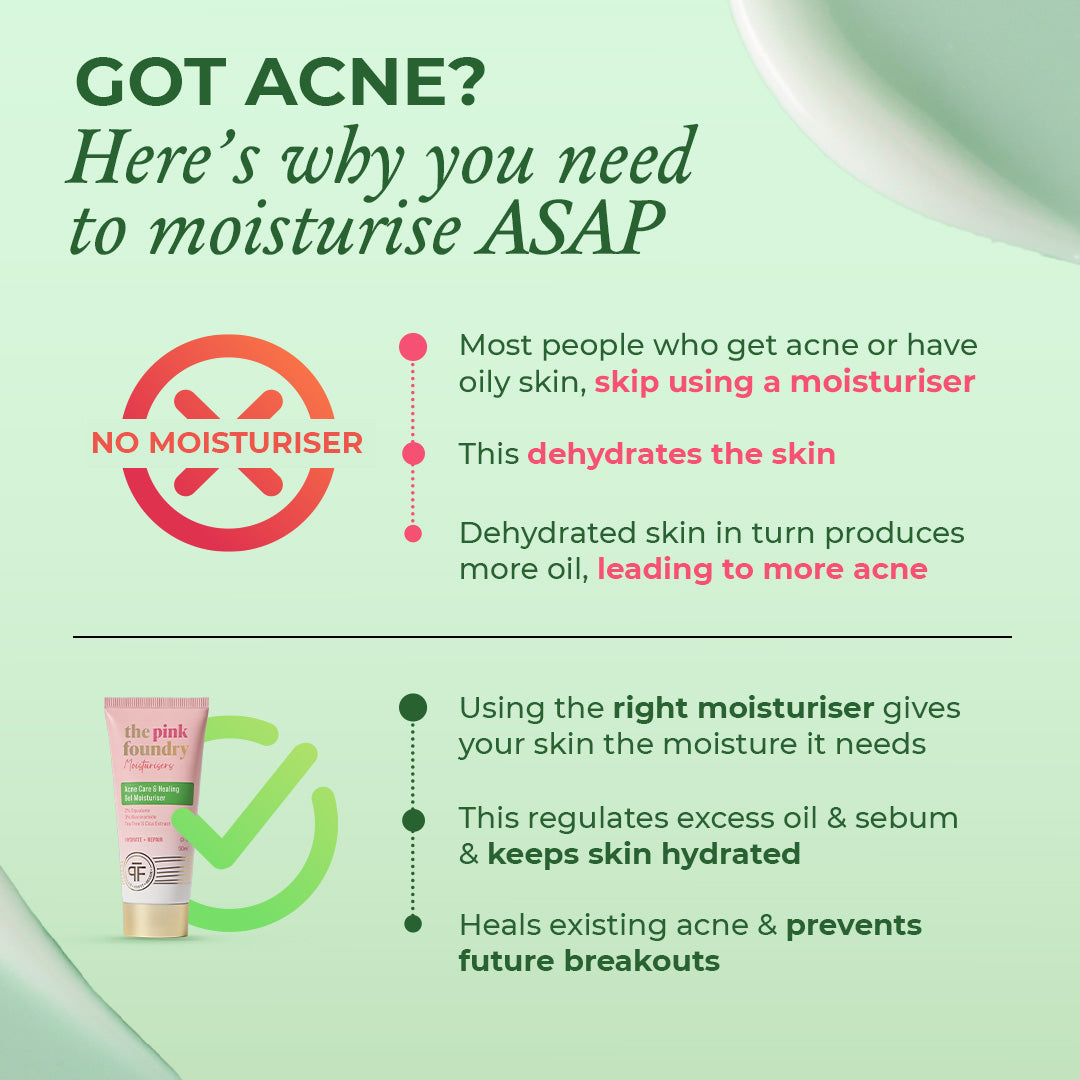
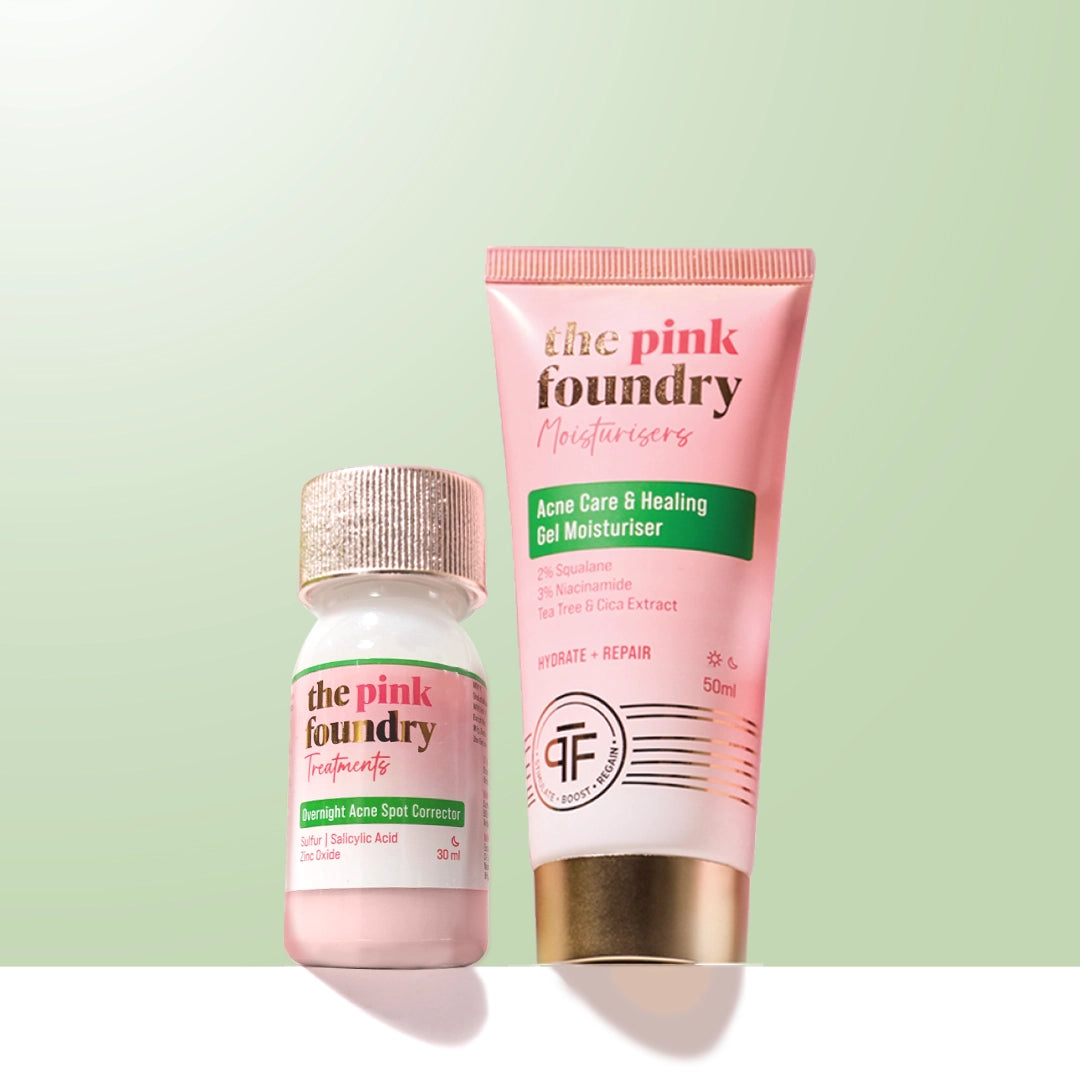
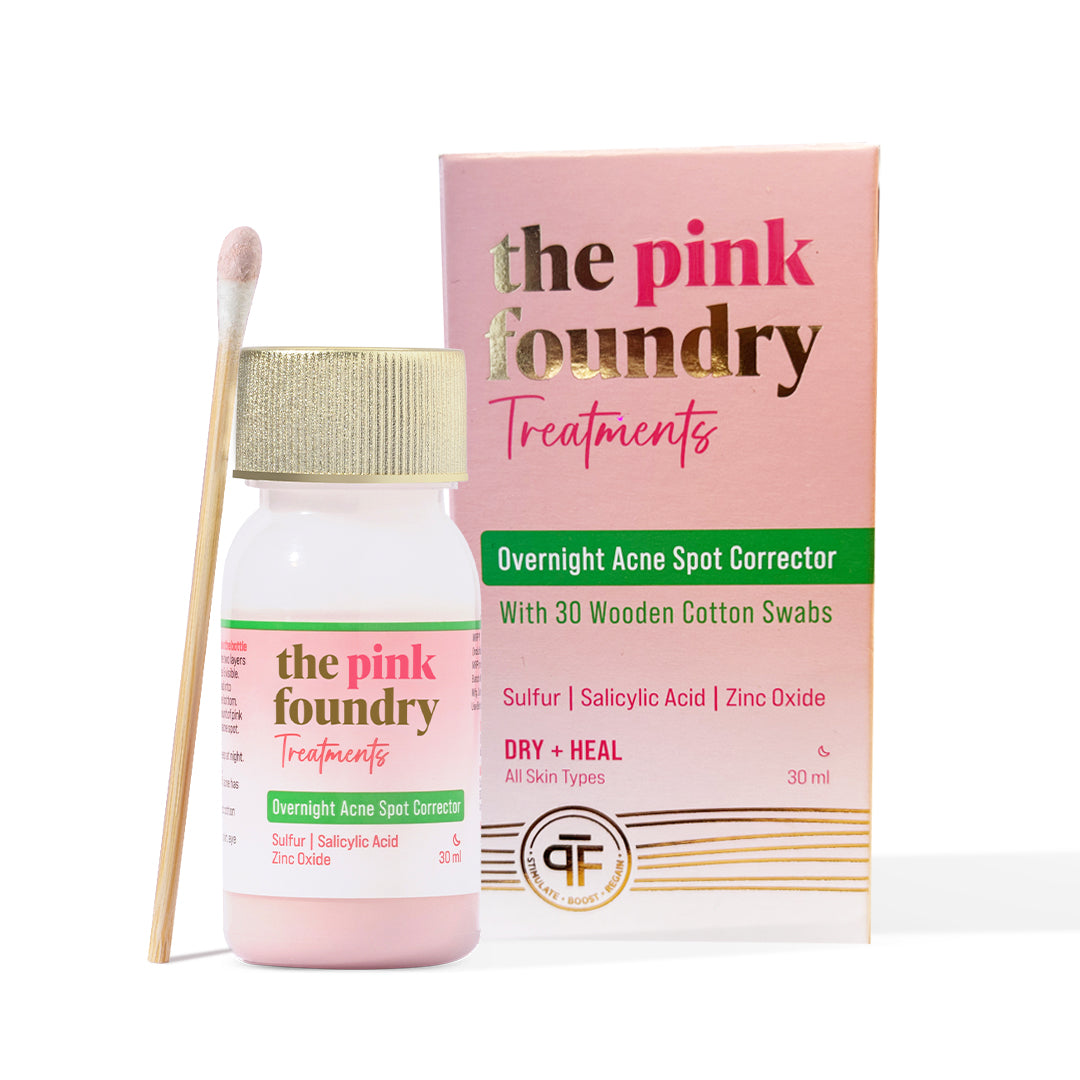
Leave a comment
This site is protected by hCaptcha and the hCaptcha Privacy Policy and Terms of Service apply.